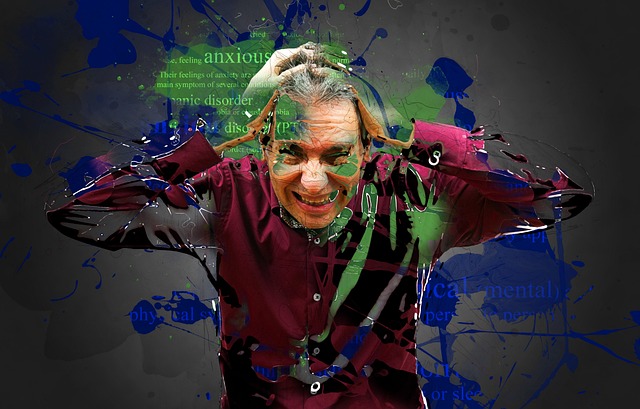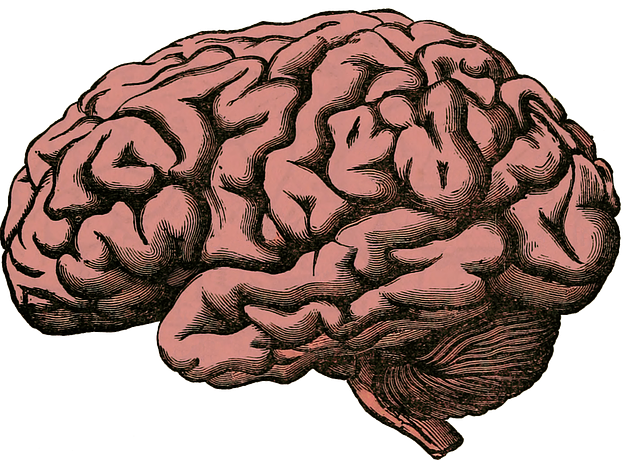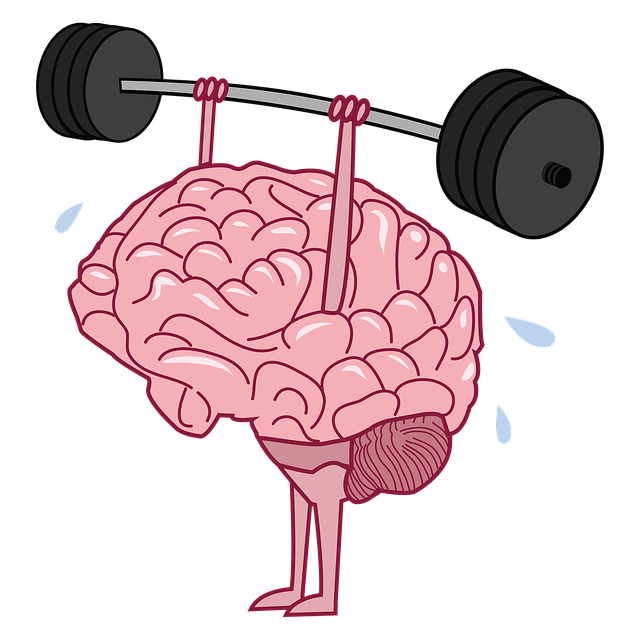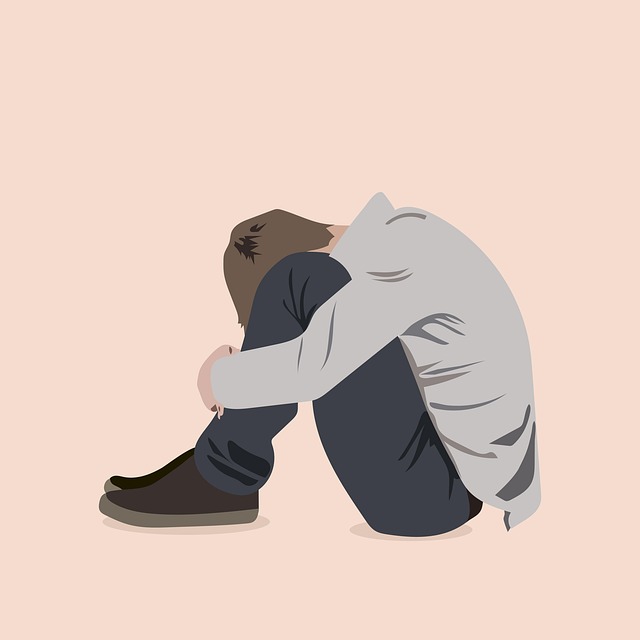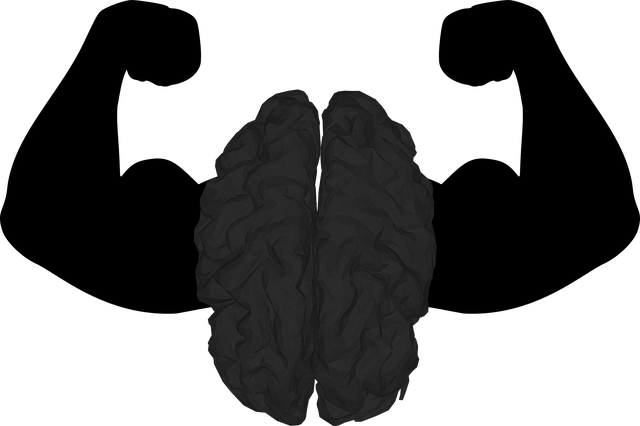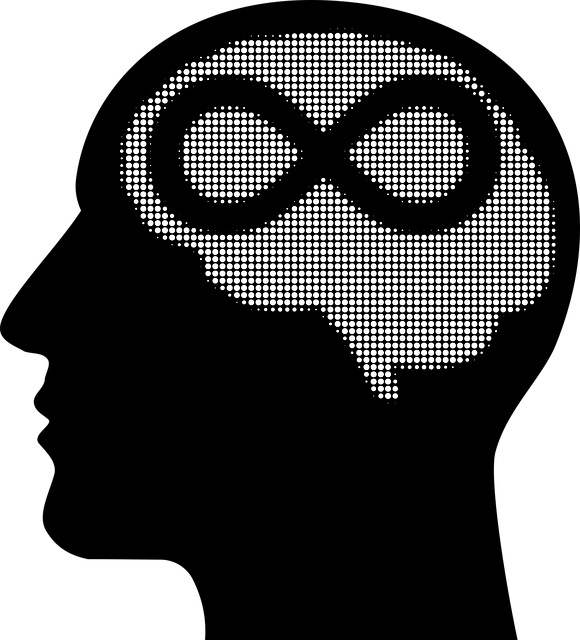Lafayette Bipolar Disorder Therapy offers a revolutionary holistic approach, combining traditional therapy with mindfulness, stress management, and compassion cultivation techniques to empower individuals with bipolar disorder. Their tailored resilience-building programs, including interactive workshops, focus on developing inner strength and self-care practices for effective stress navigation. Success is measured through qualitative and quantitative assessments, tracking participant feedback, mental health improvements, and behavioral changes, allowing for continuous refinement of the RFM (resilience-focused methods) framework. The therapy's innovative strategies, combined with public awareness campaigns, ensure long-term well-being and enhanced resilience for those living with bipolar disorder.
“Explore the transformative power of Lafayette Bipolar Disorder Therapy as a unique approach to mental health treatment. This article delves into RFM (Resilience, Flexibility, and Mastery) and its pivotal role in fostering resilience. We’ll examine how resilience-building exercises, tailored by Lafayette’s innovative methods, can significantly improve emotional well-being. Discover the step-by-step process of implementation, strategies for measurement, and continuous improvement techniques. Uncover why this holistic approach is a game-changer in managing bipolar disorder.”
- Understanding RFM and its Relevance in Mental Health
- Lafayette Bipolar Disorder Therapy: A Unique Approach
- Implementing Resilience-Building Exercises
- Measuring Success and Continuous Improvement
Understanding RFM and its Relevance in Mental Health

Resilience is a key component in navigating life’s challenges, particularly for individuals managing mental health conditions like bipolar disorder. That’s where RFM, or Resilience, Flexibility, and Mastery, comes into play. This framework goes beyond traditional therapy models by focusing on building an individual’s capacity to cope with stress and adversity. By fostering resilience, Lafayette Bipolar Disorder Therapy aims to empower clients to manage symptoms, prevent burnout, and enhance their overall well-being.
RFM exercises are designed to help individuals develop practical coping strategies, improve emotional regulation skills, and cultivate a sense of personal mastery over their lives. This proactive approach not only supports traditional therapy but also integrates techniques like mindfulness meditation and stress management to create a holistic healing environment. By understanding and implementing RFM principles, individuals can better navigate life’s ups and downs, fostering mental health stability and resilience.
Lafayette Bipolar Disorder Therapy: A Unique Approach

The Lafayette Bipolar Disorder Therapy offers a unique and innovative approach to addressing mental health challenges, particularly focusing on bipolar disorder. This therapeutic method integrates various techniques designed to enhance emotional intelligence and foster resilience. By incorporating compassion cultivation practices into their regimen, individuals with bipolar disorder can learn to manage symptoms more effectively while cultivating a deeper sense of self-compassion.
The therapy also emphasizes the importance of burnout prevention, which is crucial for maintaining long-term mental well-being. Through tailored exercises and strategies, participants are equipped with the tools needed to navigate emotional landscapes with greater ease. This holistic approach not only targets symptoms but also promotes overall personal growth, making it a valuable resource for those seeking comprehensive support in managing bipolar disorder.
Implementing Resilience-Building Exercises

Implementing Resilience-Building Exercises involves a strategic approach to empowering individuals or communities to cope with challenges and adversity. At Lafayette Bipolar Disorder Therapy, we recognize that fostering resilience is a critical component of holistic mental health care. Our expertise lies in designing tailored programs that address specific needs, whether for individuals struggling with bipolar disorder or for organizations seeking to enhance their employees’ well-being.
Through interactive sessions, our Stress Management Workshops Organization focuses on cultivating inner strength development and integrating effective self-care practices. These exercises are designed to help participants navigate life’s twists and turns with greater equanimity. By encouraging mental flexibility and emotional agility, we equip individuals with the tools needed to build a robust resilience framework that supports long-term well-being.
Measuring Success and Continuous Improvement

Measuring success is a critical aspect of implementing RFM and resilience-building exercises. The impact of these initiatives should be evaluated using both qualitative and quantitative methods. This includes tracking participant feedback, self-reported improvements in mental health, and observable changes in behavior during group sessions. For instance, Lafayette Bipolar Disorder Therapy has seen significant success through regular check-ins with clients, allowing for adjustments to the program based on individual progress.
Continuous improvement is fostered by analyzing these metrics and adapting the approach accordingly. Public Awareness Campaigns Development can play a pivotal role in enhancing the program’s reach and effectiveness. Crisis Intervention Guidance and Empathy Building Strategies should be continually refined to meet the evolving needs of participants, ensuring that resilience-building exercises remain relevant and impactful over time.
The implementation of RFM, or resilience, flexibility, and mastery, as seen in Lafayette Bipolar Disorder Therapy, offers a unique and effective approach to mental health treatment. By combining evidence-based strategies with personalized exercises, this model empowers individuals to navigate life’s challenges more resiliently. Measuring success through continuous improvement ensures that the program adapts to each person’s needs, fostering long-term well-being. This holistic strategy not only treats bipolar disorder but also equips individuals with invaluable coping mechanisms for a fulfilling life.
